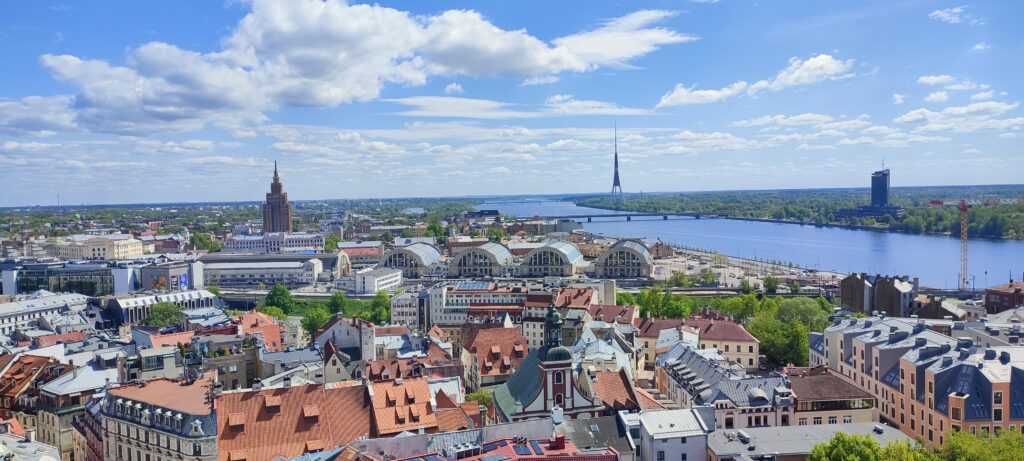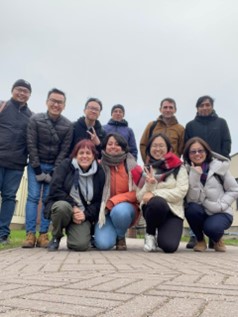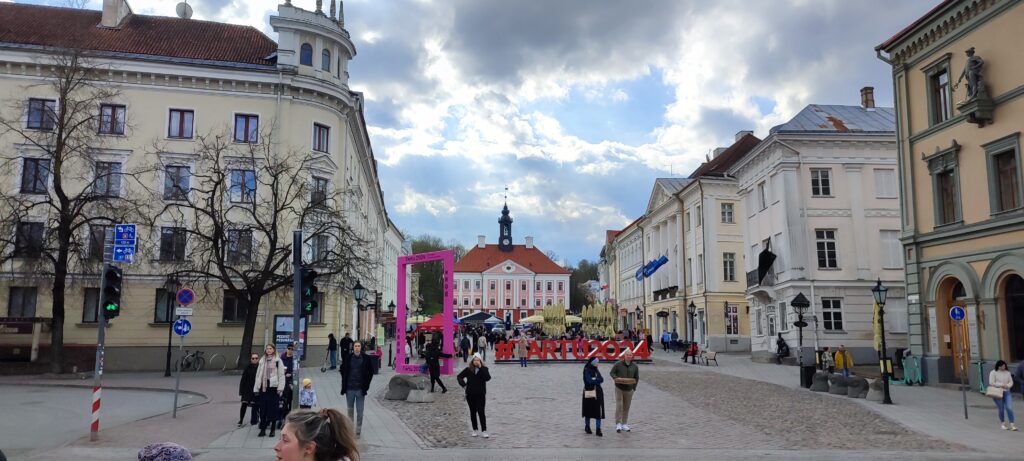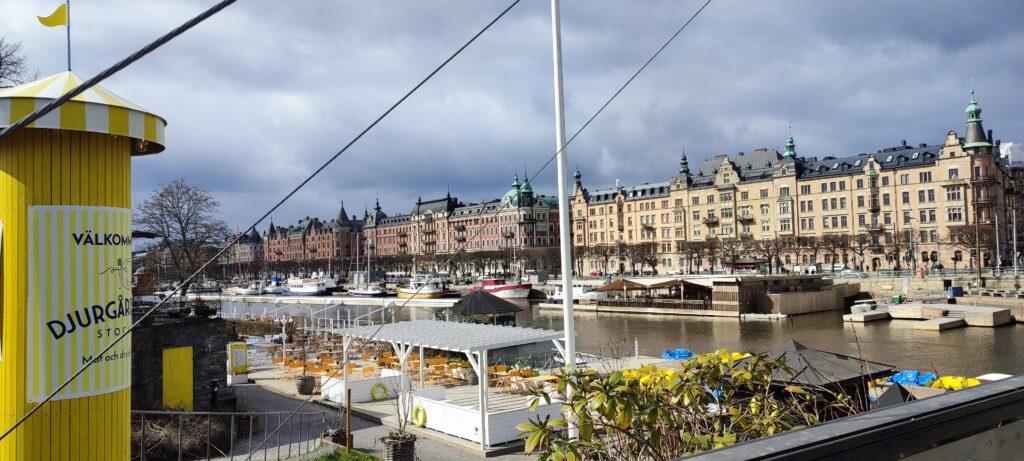By Associate Professor Dr Chung Hung Hui
Associate Professor Dr Chung Hung Hui from the Faculty of Resource Science and Technology (FRST, UNIMAS) recently had the privilege of completing a two-month attachment program at the Estonian University of Life Sciences (Eesti Maaülikool, EMÜ) from March till May 2024. Under the guidance of Dr. Radu Ionescu, the primary focus was on advancing skills in in vitro fertilization (IVF) techniques for cattle and isolating extracellular vesicles—crucial components for IVF success. Located in the second largest city in Estonia, Eesti Maaülikool is the former Estonian Agricultural University, which prioritizes research and development in fields such as agriculture, animal science and veterinary science.


As an introduction, this short-term attachment was one of the many outcomes from the research project under Europe Horizon with the title ‘Volatolomic Approaches for Improving Success Rates in Assisted Reproductive Technology’, which was led by Professor Dr. Sim Siong Fong. Together with AP Dr Chung during the attachment was Mr. Benedict Samling, a science officer from FRST and Ms. Laura Dines Ngau, an FRST doctoral candidate. In addition to the intensive laboratory practicals, the program also provided the opportunity to network with researchers from different countries which included Dr Monika Nomm (Estonia), Dr Elina Aleksejeva (Estonia), Dr Mihai Brebu (Romania), Dr Zhijack Fong (Monash), Ms. Juliana Rincon Lopez (Colombia), Mr. Carlos Cuastumal (Colombia) and Dr Carmenza Spadafora (Panama). There were opportunities to discuss innovative approaches to animal reproductive science, and experience the academic culture at EMÜ.

During the attachment, Dr Chung was also given the opportunities to share some of his research findings in Malaysia with international counterparts. In the research seminar, a paper entitled ‘Reverse vaccinology and its efficacy against Pseudomonas spp. in Tor tambroides aquaculture & potential volatolomics approach’ was presented. It was an enriching experience to be able to share my knowledge and experience with individuals from such a diverse background and their inputs on my research are definitely eye opening and allows me to look beyond my current research scope.

In addition, during his free time, Dr Chung was able to explore the rich cultures and landscapes of Eastern Europe, visiting neighboring countries such as Latvia, Sweden, and Finland. According to Dr Chung, this exposure not only enhanced his scientific experience but also broadened his perspectives on the diverse histories and traditions within the region. In his final comment, Dr Chung would like to record his immense gratitude to UNIMAS and EMÜ for supporting this experience, and he look forward to applying the knowledge and techniques gained to future research and development in reproductive science in Malaysia.

